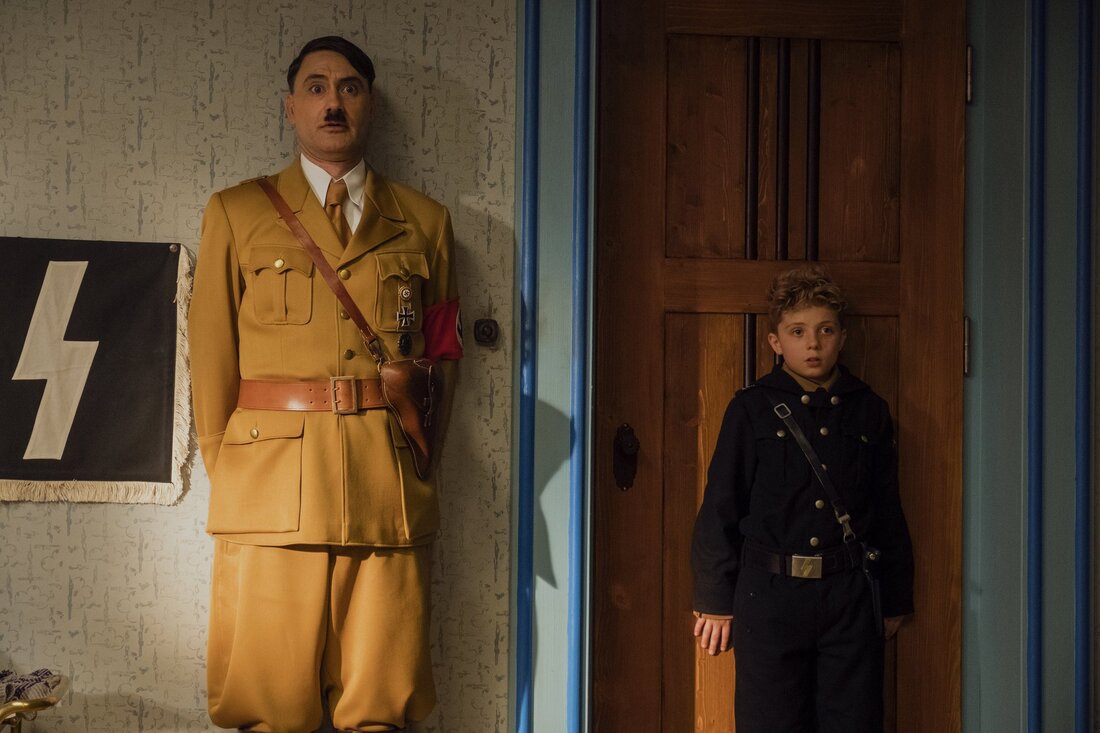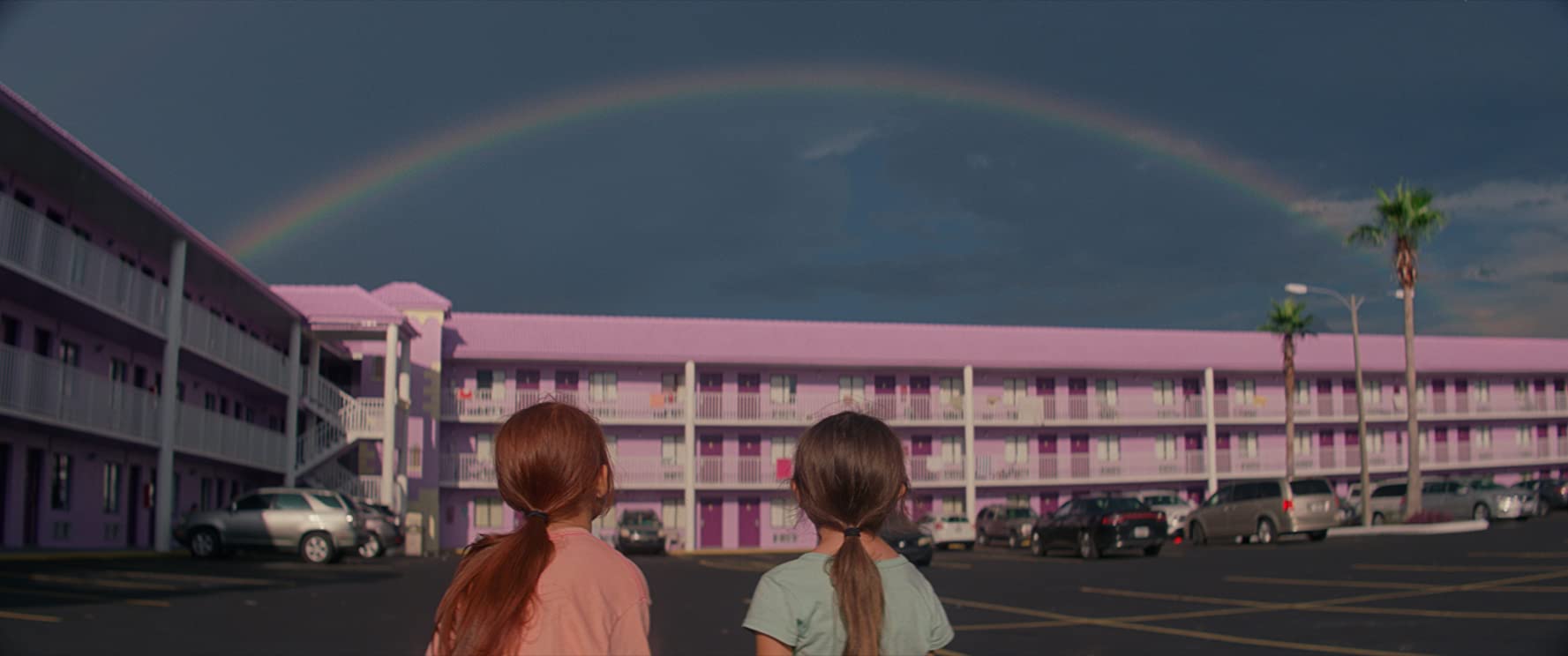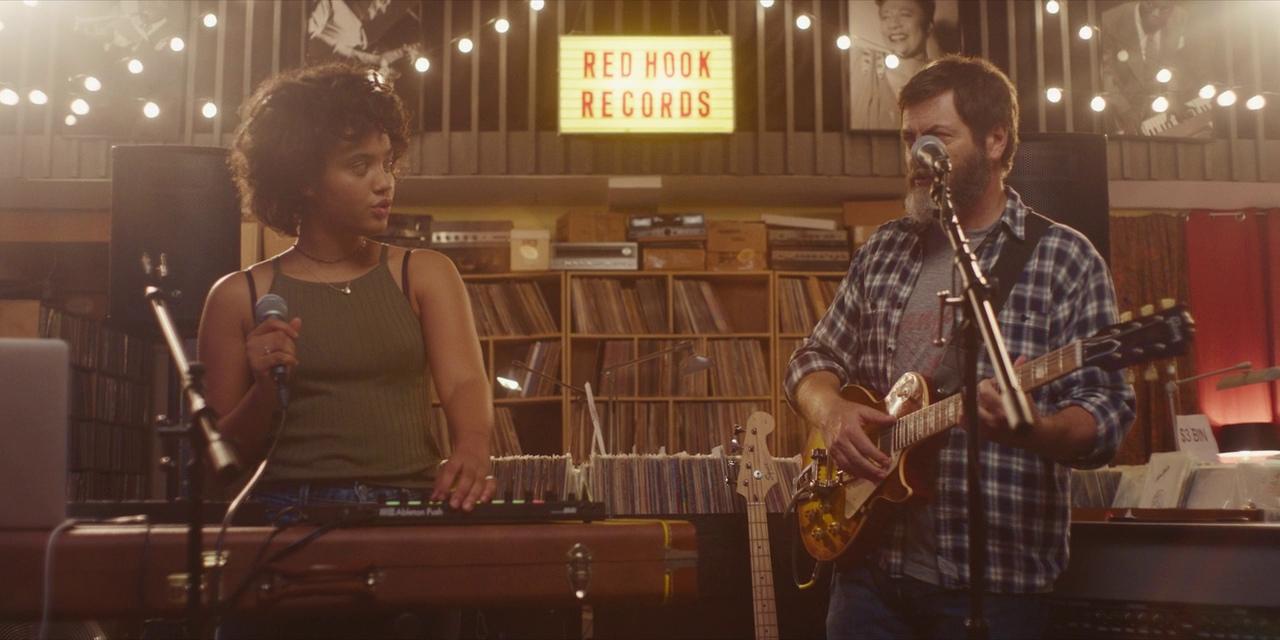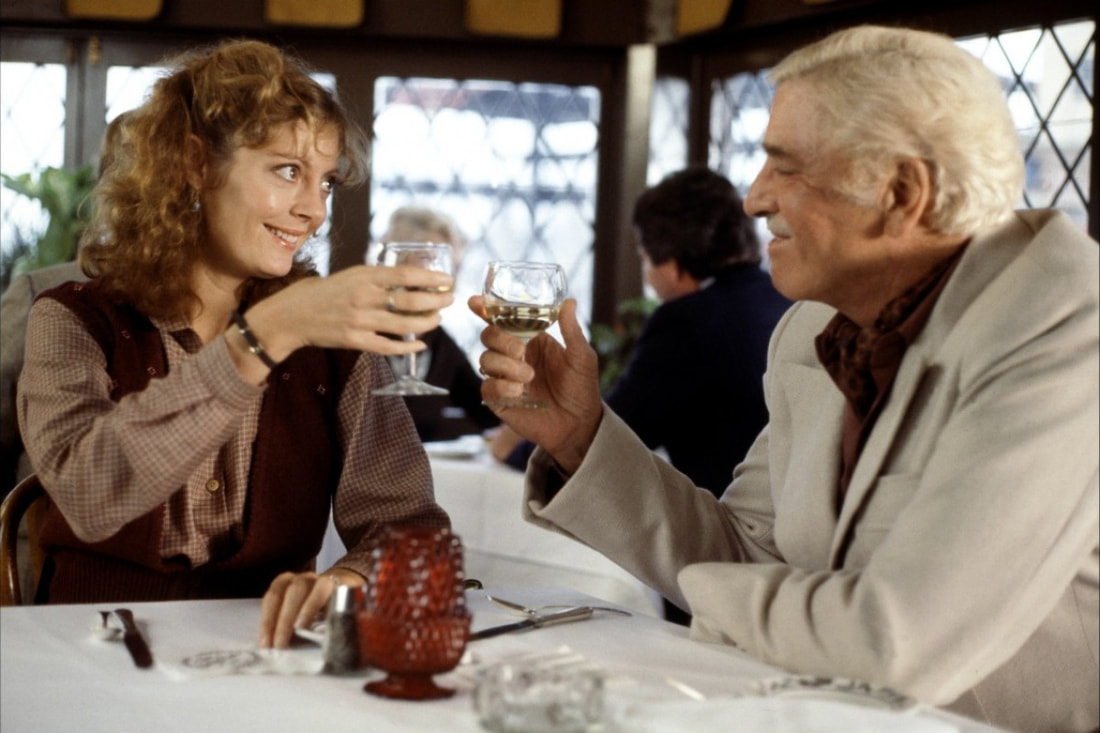|
In 2020, you’d be easily forgiven for confusing an article on The Onion for actual news. Or vice-versa. That does not take anything away from the increasing relevance of a publication like The Onion, which has never shied away from using acutely acerbic satire to comment on the political miscreants of the times. This argument about The Onion’s relevance and importance can surely be extrapolated to the general relevance of art forms involving satire, and the larger entity of comedy. Comedians, by way of different media, have always been at the forefront of political activism.
This premise accentuates the timeliness and importance of a film like “Jojo Rabbit”, which is the most inventive form of satirical cinema I have seen that is not a Coen Brothers’ film. I say inventive, because this movie is a careful conception, a work of designed brilliance, a deliberate formulation that ends up being completely uncanny, surreal, and on point. I guess you can say that about all great movies, can’t you? This inventiveness spotlights how accomplished a creator Taika Waititi (Writer-Director) is. Walking away from the film, it is initially hard to fathom that this very director also made the wacky “Thor: Ragnarok”. On second thoughts though, If you put both of them under a surgical scalpel, you can see the similarities in style - both are films bathing in goofy humor, yet so full of both art and heart. This style becomes especially resonant when applied to the subject of “Jojo Rabbit”.
1 Comment
There’s an inconsequential yet heartbreaking scene about halfway into “The Florida Project”. In an Orlando motel that is full of struggling families living paycheck to paycheck, it is time for one of the families, a Dad and his young son, to leave. All of their belongings just about fit into their car, a beaten Honda Civic. The son brings along one of their last pieces of luggage, a box of toys. When the box does not fit in the car, his dad, proceeds to give the toys away to the kids in the neighborhood. He apologizes to his son, promising to buy new toys once they reach their destination.
I remember being a kid and being heartbroken every time I lost a toy or had one broken, let alone having to give one up for trivial reasons. As a kid, your toys become your gateways to an imagined universe. And it is not just toys that define one’s childhood. Your friends become your companions on journeys into this imagined universe. Your family becomes your universe, the essence and ethos of it. The logical mind might think that childhood is all fun and frolic, with only a little trouble thrown in. Yet, childhood has a lot more to it - there are the real and imagined universes, populated by toys, friends, and family. Within these, there is innocence and its constant struggle to ward off prejudice. There is purity in emotion. There is mischief masquerading as your ultimate friend, and sweetness seeking to be your purpose. There is also the subtle embodiment of nascent fibers that may then get thrown out or nurtured later on in life. In many ways, childhood is a strange, marvelous, and crucial time. At a pivotal point in this film about a father-daughter duo, the daughter asks the father to grow up, putting his ambitious yet impractical self aside to think about their future. This struck me as a rather unusual plot point in this largely subversive musical-comedy-drama. You see, more often than not, when we encounter a film about musicians and artists, we see young, optimistic artists, with a penchant to thrive in the music industry, only dissuaded by the cynicism of the elders around them. These stories then become either about tragically failed careers or about success against all odds. But “Hearts Beat Loud” chooses to tread a different line, telling a typical tale rather originally. In a quaint corner of Brooklyn, Frank Fisher, a record store owner is about to close his business. His daughter, Sam, is about to join pre-med school. Their evenings involve jamming with each other in their apartment, making random music. At first, both are pragmatic, treating music as nothing more than a past time, a way to de-stress after a long day. But when his daughter records a sample of an inspiring original song, Frank sees a spark in her, urging her to complete the recording. He even sneaks it onto Spotify without her knowledge. When it starts garnering hits and the interest of record labels, he starts aspiring big - a full album contract, a tour, the works. But the daughter rejects his propositions, adamant about staying grounded. She doesn’t think there is a career in music for her, choosing instead to focus on med school. |
Read MoreAtlantic CityAtlantic City says so much about two people in a relationship, without saying too much.
Booksmart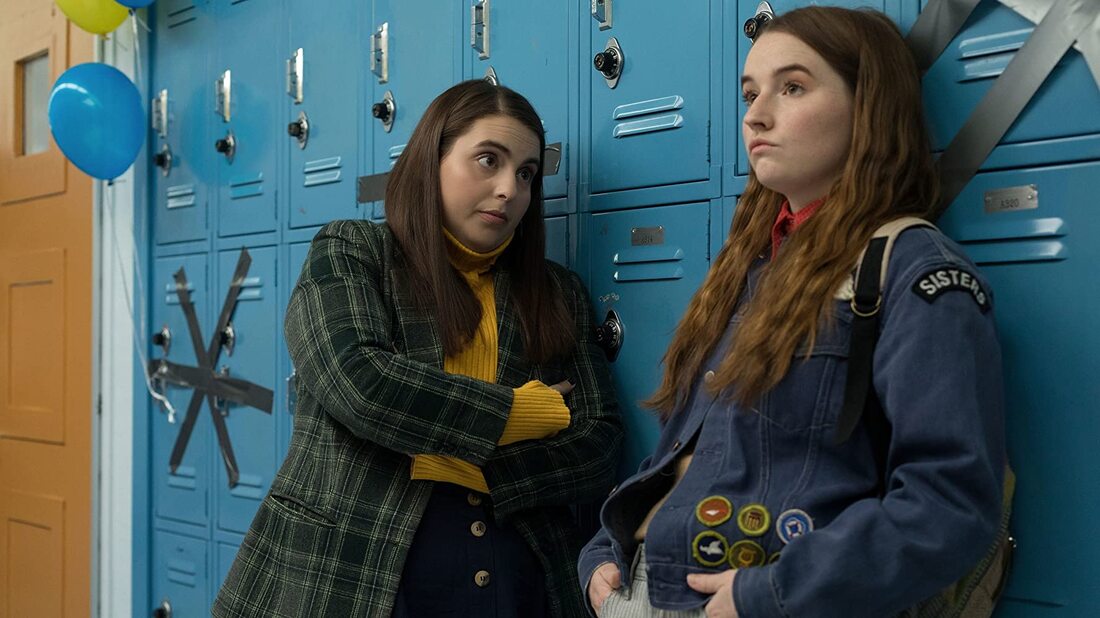
A comedy that is fun, while being just good cinema in the first place.
Categories
All
|
